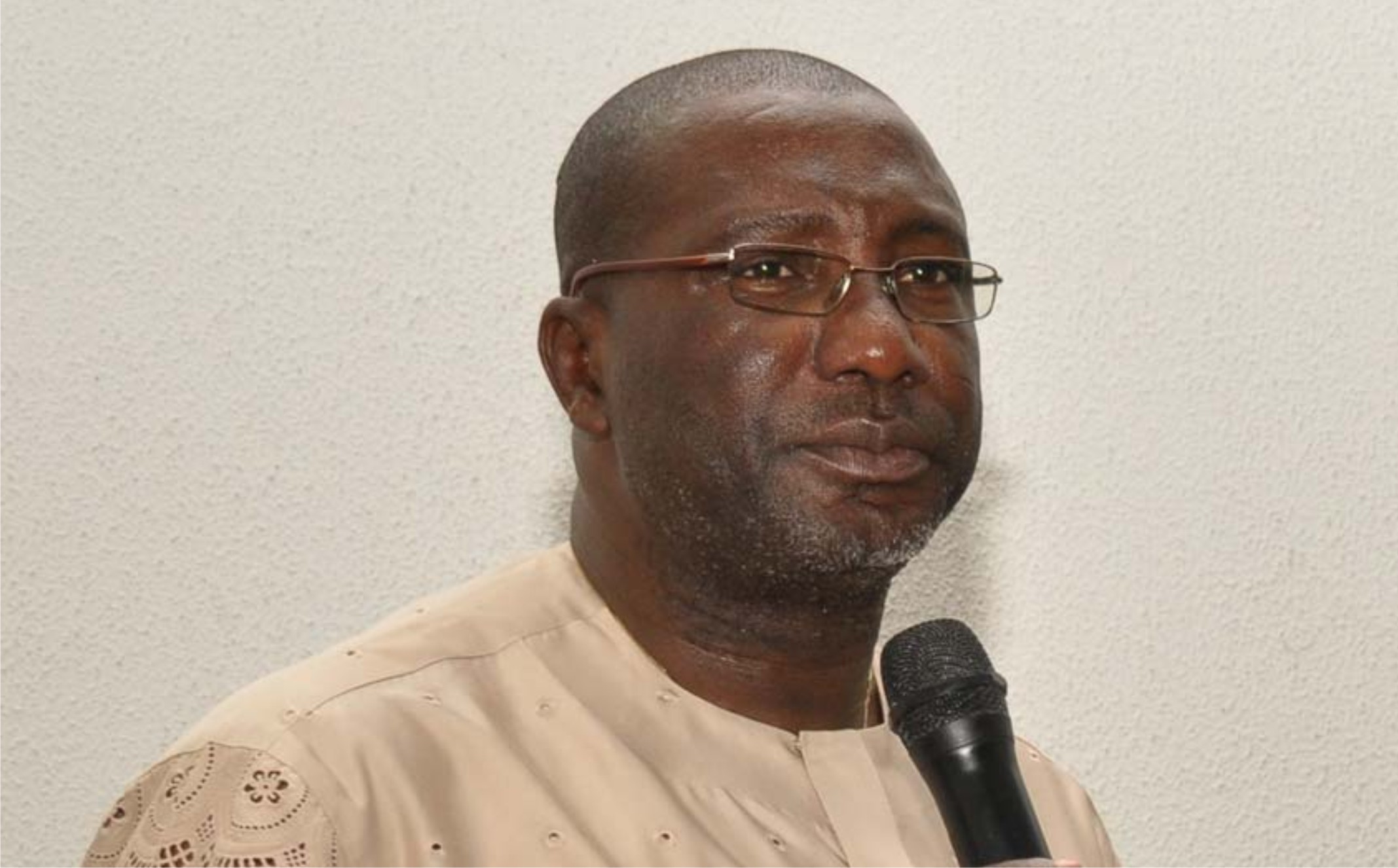Editorial
Heeding NIHSA’s Flood Warning

The Nigeria Hydrological Services Agency (NIHSA) has predicted that the country
would experience greater flooding with disastrous consequences this year.
Following this prediction, therefore, the agency warned that Nigerians should make adequate preparations against the oncoming rainy season.
Director General of NIHSA, Clement Nze Onyeaso, who reportedly gave the advice at the agency’s maiden press conference in Abuja, last week, said that the rains were fast approaching and the remaining days of the dry season are the best time to prepare against flooding so as to avoid a reoccurrence of the past, especially the 2012 experience.
According to the 2020 Seasonal Rainfall Prediction (SRP) recently released by the Nigerian Meteorological Agency (NiMet), February 24 and June 22 are the predicted onset of rainfall in the South-South and Northern States, respectively, while the respective predicted cessation dates are December 28 and September 26. The implication of this is that Nigeria would likely experience longer period of rainy season this year than she did in 2019.
Onyeaso identified the causes of floods as high intensity rainfall of long duration, adequate drainage of low lying areas, silted channels, urbanization and severe winds over water, unusual high tides, tsunamis, failures of dams, levees, retention ponds or other water-containing structures.
He also pointed at the increasing concerns, over the years, about human actions and natural disasters that have been adversely impacting countries and regions worldwide and often posing serious ecological and environmental hazards.
“Though flooding is a natural environmental phenomenon, but it can be greatly accelerated by human-induced activities as is the case worldwide.
“Thus, with the increasing global population and the expanding activities of man, it is believed that flooding will continue to persist and, therefore, there is the need to control human activities, environmental adjustment and purposefully adopting actions in certain areas would make adjustment possible”, he said.
While The Tide welcomes this early flood alert by NIHSA, we fear that it may go the way of such previous warnings which were largely unheeded or, at best, treated with passive engagements while opting to employ the usual ad hoc measures when it had become too late for potential victims to reach for higher grounds or even salvage anything of value.
Like the NIHSA boss was said to have advised, governments at all tiers, corporate bodies and individuals should endeavour to avoid the ‘Fire Brigade Approach’ when the rain is already here. Attempts should be made to open up drainages or create drainage paths where none exists.
Also, governments should muster the will to relocate or demolish structures irrespective of their ownership, cost or beauty if such are found to be sited within the flood plains.
To be sure, the Rivers State Government has consistently desilted and expanded major water channels like the Ntawogba and Mini Waja in Port Harcourt before the commencement of every rainy season. We also commend the use of a highly reputed international construction firm in Nigeria to bring lasting solution to the persistent floods at St. John’s Campus Bus Stop, Kaduna Street Flyover (near FRSC), Rumuomasi (near Nigerian Air Force Base) and such other bad spots on the Port Harcourt-Aba Expressway.
We are also not unaware of the current effort by the Rivers State Ministry of Environment to work with the state Legislature toward establishing an emergency response team. What is more, the state’s Waste Management Agency (RIWAMA) has, through its Sole Administrator, Bro Felix Obuah, re-echoed the NIHSA message by urging Rivers residents to clear their drains and water channels before the rains arrive.
However, in the event of any flood disasters, we shall continue to call for the Federal Government and its emergency management outfits to enlist the services of the military as is the practice elsewhere. Apart from soldiers’ expertise in search-and-rescue operations, their helicopters are often used to identify worst affected areas and to either evacuate stranded victims or speedily convey first responders to such marooned persons.
Finally, it is no longer doubtful that climate change, natural disasters and human activities have resulted in environmental disorder across the world. For instance, Indonesia is seriously considering moving her capital from Jakarta to a new city located on higher ground for fear that the current capital is fast sinking below sea level; hence, its perennial flooding.
There are other cities in such situation across the world. We think that, here in Nigeria, the government should commission an expert examination of Lagos, Port Harcourt and the other riparian cities in the country.
Editorial
Resolve Rumuwoji Market Issues, Others

Editorial
As NDG Ends Season 2

Editorial
Beginning A New Dawn At RSNC

-

 Politics3 days ago
Politics3 days agoSenate Urges Tinubu To Sack CAC Boss
-

 News3 days ago
News3 days agoAmend Constitution To Accommodate State Police, Tinubu Tells Senators
-

 News3 days ago
News3 days agoDisu Takes Over As New IGP …Declares Total War On Corruption, Impunity
-
Business3 days ago
President Tinubu Extends Raw Shea Nuts Export Ban To 2027
-
Business3 days ago
Crisis Response: EU-project Delivers New Vet. Clinic To Katsina Govt.
-
Sports3 days ago
NDG: Rivers Coach Appeal To NDDC In Talent Discovery
-
Business3 days ago
President Tinubu Approves Extension Ban On Raw Shea Nut Export
-
Rivers3 days ago
Etche Clan Urges Govt On Chieftaincy Recognition

